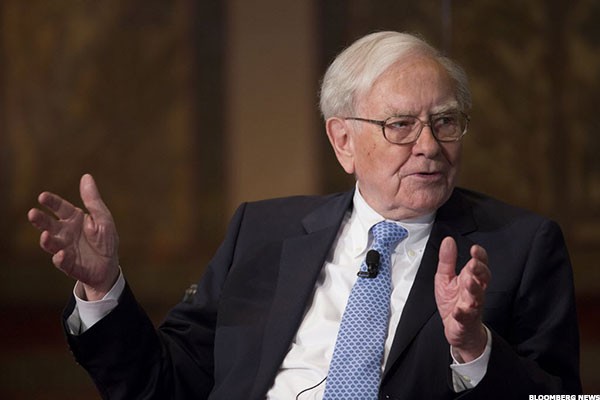Why Invest In Hedge Funds If They Don t Outperform The Market
Post on: 16 Март, 2015 No Comment

Hedge funds have always been a bit exotic and an enigma to some, but bottom line they are supposed to produce good returns using a range of strategies including global macro, event driven and relative value (arbitrage). And, sophisticated or high-net-worth individuals (HNWIs) could realistically expect some solid performances given the fees paid to actively manage their money. But lately has this logic gone out of the window?
The matter was brought into something of a sharper focus after PFZW (Pensioenfonds Zorg en Welzijn), the €156.3 billion (c.$181bn) Dutch healthcare workers’ fund and Europe’s second biggest pension fund, announced on 9 January 2015 that it was to stop all further investments in hedge funds.
It’s an interesting development given that PFZW was one of the first Dutch pension funds to invest in hedge funds back in 2003 and follows a similar announcement last September by the California Public Employees’ Retirement System (CalPERS), the largest public pension fund in the U.S. with c.$300bn in assets that manages pension and healthcare benefits for over 1.6m people.
The CalPERS move “eliminates” its hedge fund program (known internally as the Absolute Return Strategies (ARS) program) by exiting 24 hedge funds and six hedge funds-of funds valued at around $4bn and will occur over the course of 2015. A press statement underlined that their decision was “not based on performance of [the] program”, which produced 7.1% in a fiscal year when all of CalPERS generated 18.4%.
Rather it was taken in an effort to reduce complexity and cost. On the latter, they expected to pay out around $135m in fees to hedge funds that managed their money for the year to 30 June 2014 (2013: $115m).
Ted Eliopoulos, CalPERS’ Interim Chief Investment Officer, stated at the time: “Hedge funds are certainly a viable strategy for some, but at the end of the day, when judged against their complexity, cost and lack of ability to scale at CalPERS’s size, the ARS program is no longer warranted.”
PFZW, which in 2013 had 2.7% of its investments in hedge funds, also cited “complexity” as a major factor for its decision to stop investing in these funds as well as high associated costs. “With hedge funds, you’re certain of the high costs, but uncertain of the return,” stated Jan Willem van Oostveen, PFZW’s Manager Financial and Investment Policy.
The Dutch pension fund added: “For a long time, hedge funds were a useful tool…but lately they have not made a sufficient contribution.” And, “high remuneration in the hedge funds sector and often limited concern for society and the environment” was noted. Now that’s not exactly going to be music to ears of the hedge fund community.














